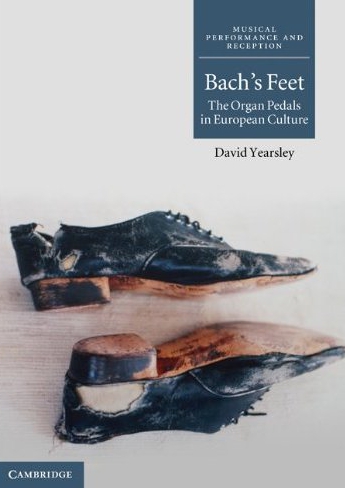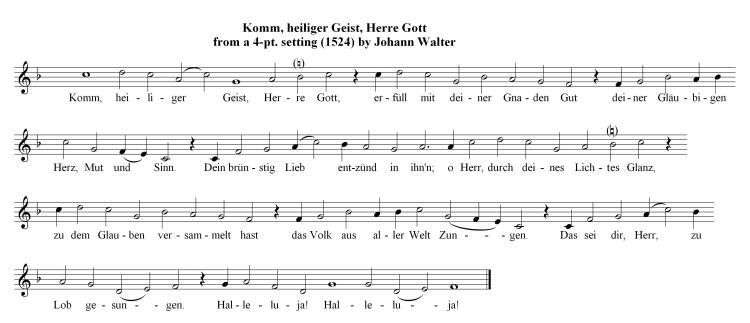
Finished Bach: Music in the Castle of Heaven by John Eliot Gardiner yesterday morning. I can’t say enough good about this book. Gardiner combines the usual academic erudition and up to date scholarship with evident hands-on experience with most of the music he discusses. This is mostly cantatas and the larger choral works including the Passions and the B Minor Mass. He emphasizes understanding the music and speculates on the interior world of Bach. He is uncovers much about Bach the man this way and makes a case that is often convincing. At any rate his observations about the music itself are clear and empirical. I learned a lot from him and am continuing to use his insights and approach in understanding Bach.
In addition to these attributes, Gardiner goes a step further and makes his own wide ranging reading and thinking part of the text. He draws heavily on surprising sources to make his point.

For example, he quotes Philip Pullman the author of His Dark Materials (Pullman also has a blurb on the book) several times. This is ironic because superficially one might think that Pullman’s work points away from Bach’s Christian beliefs which play heavily in Gardiner’s argument. But Gardiner is speaking so clearly in a contemporary context and understands what it is to try to make meaning of living now. This inevitably reflects a jaundiced take on much of Christianity. But I like how Gardiner uses Pullman’s ideas to point to the depth of the humanity of Bach. And this is just one instance of Gardiner’s very wide range.
I made a list of words I looked up in the back of the book. I made a list of books and articles I want to look at further if not read. Gardiner draws on David Yearsly’s work. I have read some in Yearsly’s Bach’s Feet and now I plan to read more of his work having benefited from Gardiner’s use of his insights.

I spent a good hour yesterday working on Komm, Heiliger Geist, Herre Gott BWV 651 yesterday.

This work has always intrigued me. I heard it performed by a fellow grad student and never quite understood it. I am spending a good amount of time with the chorale it is based on. I wrote the German words as I sometimes do in the music under the melody. I am convinced in order to perform chorale preludes well the performer must be very familiar with the melodies they are based on. This is a long one and I think that’s one of the reasons this piece is so long.

Using Gardiner’s detective tactics and consulting Peter Williams book, The Organ Music of Bach: Second Edition I think am beginning to understand this piece better. When one hears the piece, the manuals furiously whir with quick notes that can put the listener in mind of the Holy Spirit. This is the kind of thing Gardiner constantly points out.

I have noticed this in the past. But yesterday I registered it on my silly crappy organ so that the melody in the pedal stood out more than I remember in the grad student’s performance. I think she was also struggling with a bad instrument as well.
Knowing the melody better and being able to hear it clearly makes playing this piece much more satisfying.